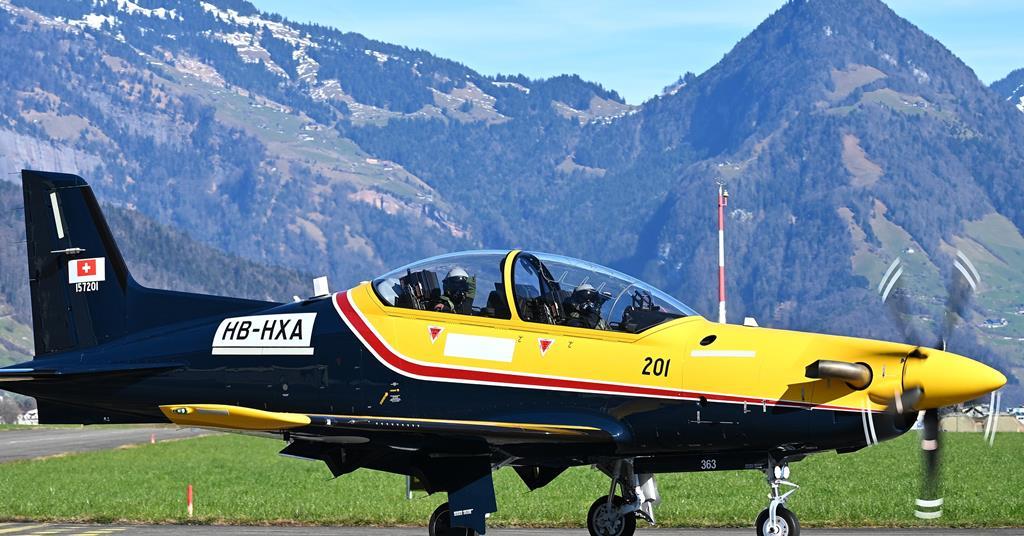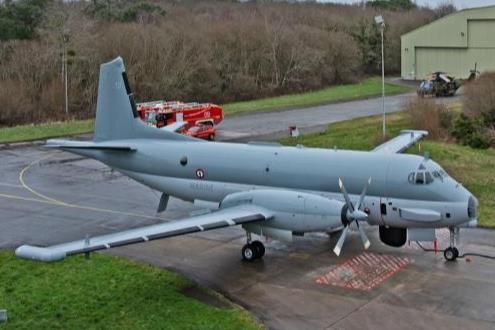Company
Legal Links
Contact
- +44 7947 753363
- contact@skylineairporttransfers.co.uk
- 6 Walsall Street Bilston Wolverhampton WV14 0AT
Recent Posts
© Skyline Airport Transfers. Created by![]() Beaphoenix WebDesign ltd
Beaphoenix WebDesign ltd
Popular Locations:
Birmingham: Aston, Bournville, Edgbaston, Erdington, Great Barr, Hall Green, Handsworth, Harborne, Northfield, Quinton, Soho, Sutton Coldfield, Amblecote, Brierley Hill, Coseley, Cradley, Gornal, Halesowen, Kingswinford, Lye, Netherton, Sedgley, Stourbridge, Quarry Bank, Bearwood, Blackheath, Cradley Heath, Great Bridge, Old Hill, Rowley Regis, Smethwick, Tipton, Tividale, Wednesbury, West Bromwich, Balsall Common, Bickenhill, Castle Bromwich, Chelmsley Wood, Dorridge, Elmdon, Hampton in Arden, Kingshurst, Knowle, Marston Green, Meriden, Monkspath, Hockley Heath, Shirley, Aldridge, Birchills, Bloxwich, Brownhills, Darlaston, Leamore, Palfrey, Pelsall, Pheasey, Shelfield, Streetly, Willenhall, Bilston, Blakenhall, Bushbury, Compton, Ettingshall, Heath Town, Oxley, Penn, Tettenhall, Wednesfield, Burntwood, Lichfield, Cannock, Rugeley, KIDDERMINSTER, Brierly Hill,
STOURPORT-ON-SEVERN
Coventry: Allesley, Binley, Keresley, Stoke, Tile Hill
Leicester: Abbey Rise, Ashton Green, Aylestone, Beaumont Leys, Bede Island, Belgrave, Blackfriars, Braunstone, Braunstone Frith, Bradgate Heights, Clarendon Park, Crown Hills, Dane Hills, Evington, Evington Valley, Eyres Monsell, Frog Island, Goodwood, Hamilton, Highfields, Horston Hill, Humberstone, Humberstone Garden, Kirby Frith, Knighton, Mowmacre Hill, Netherhall, Newfoundpool, New Parks, North Evington, Northfields, Rowlatts Hill, Rowley Fields, Rushey Mead, Saffron, Southfields, South Knighton, Spinney Hills, Stocking Farm, Stoneygate, St. Matthew’s, St. Mark’s, St. Peters, Thurnby Lodge, West End, West Knighton, Western Park, Woodgate
Derby: Matlock, Ripley, Ashbourne, ILKESTON, SWADLINCOTE , BURTON-ON-TRENT, BAKEWELL,
ALFRETON, BELPER, HEANOR
Telford: Market Drayton, Newport, Shifnal, Broseley, Much Wenlock
Stoke: Stoke-on-Trent, Newcastle, Leek, Uttoxeter, Stone, Stafford
Worcester: Worcester, Droitwich, Pershore, Broadway, Evesham, Malvern, Tenbury Wells
Gloucester: Gloucester, Cheltenham, Stroud, Cirencester, Tewkesbury, Badminton, Berkeley, Blakeney, Chipping Campden, Cinderford, Coleford, Drybrook, Dursley, Dymock, Fairford, Lechlade, Longhope, LydbrookLydney, Mitcheldean, Moreton-in-Marsh, Newent, Newnham, Ruardean, Stonehouse, Tetbury, Westbury-on-Severn, Wotton-under-Edge.
Nottingham: Nottingham, Sutton-in-Ashfield, Mansfield, Newark, Southwell, Grantham, Sleaford
Leicester: Leicester, Hinckley, Loughborough, Melton Mowbray, Oakham Market, Harborough, Lutterworth, Wigston, Ashby-de-la-Zouch, Ibstock, Markfield
Oxford: Oxford, Kidlington, Chipping Norton, Thame, Wallingford, Didcot, Wantage, Abingdon, Banbury, Carterton, Woodstock, Bicester, Witney, Chinnor, Watlington
Chester: Chester, Deeside, Bagillt, Buckley, Holywell, Birkenhead, Preston, Wallasey, Wirral, Neston, Ellesmere Port, Prenton
Airports we serve:
BHX: Birmingham Airport
EMA: East Midlands Airport
LHR: London Heathrow Airport
MAN: Manchester Airport
LGW: London Gatwick Airport
LTN: London Luton Airport
SOU: Southampton Airport
BRS: Bristol Airport
LPL: Liverpool John Lennon Airport
LCY: London City Airport
STN: London Stansted Airport



Airbus is aiming to start certification work on a 160-seat version of its A220 this year, part of a continuing effort to improve the twinjet’s capabilities.
Such a version had previously been pitched by Bombardier, who developed the aircraft as the CSeries before Airbus took over the programme in 2018.
Speaking during a briefing in Toulouse on 11 June, A220 chief engineer Jean-Francois Parent said there was a “strong request from the market” for the higher seat-count.
The European Union Aviation Safety Agency currently permits a maximum of 149 passengers on the A220-300, which is conditional on the overwing exit meeting “over-performing” Type III criteria – including a dual-lane evacuation slide.
Bombardier’s proposal for a 160-seat high-density variant required a second overwing exit, and Parent indicates that Airbus would also have to pursue such a modification.
Parent says the aircraft has undergone changes since service entry which have resulted in a “significant improvement” in time-on-wing for the Pratt & Whitney PW1500G engines, with the current configuration addressing 90% of engine-removal drivers.
He adds that the manufacturer is “learning a lot” from the A320neo, with planned improvements to the A220 set to include enhanced climb derate.
This will allow reduced use of the engines during climb – increasing the time-on-wing – while retaining the maximum climb capability, giving operators flexibility.
Another improvement taken from the aircraft’s “big brother”, says Parent, is ‘dual motoring to start’ – a fully-automated system which will enable crews to start both engines more quickly at the gate. This will require software updates to the full-authority digital engine control and avionics.
Parent adds that a runway overrun awareness and alerting system will be introduced on the A220 in 2026, a year in which a new cabin interior – with larger overhead bins – will enter service with launch customer Air Canada.
Source link
Share This:
skylinesmecher
Plan the perfect NYC Memorial Day weekend
Pack only what you need and avoid overpacking to streamline the check-in and security screening…
LA’s worst traffic areas and how to avoid them
Consider using alternative routes, such as Sepulveda Boulevard, which runs parallel to the 405 in…
Canada’s first Pilatus PC-21 Siskin II trainer enters flight-testing in Switzerland
Pilatus has completed the first flight of a PC-21 trainer produced for the Royal Canadian…
French navy receives final upgraded ATL-2 maritime patrol aircraft
France has completed a major upgrade to its navy-operated fleet of Dassault-Breguet ATL-2 maritime patrol…
BK 160 crashed into lake during upset-recovery training but cause remains elusive
Dutch investigators have been unable to determine conclusively why a Blackshape BK 160 descended rapidly…
Ex-GTLK Europe 777-300ERs sold for engine and spares recovery
Joint liquidators of the Russian-linked leasing firm GTLK Europe have sold three Boeing 777-300ERs to…
BAE Systems expands UAS technology pact with US partner Survice Engineering
BAE Systems’ FalconWorks unit is to expand its collaboration with US partner Survice Engineering, after…
Modified LMS-901 Baikal prototype carries out maiden flight
Russian airframer UZGA has started test flights with the latest prototype LMS-901 Baikal utility aircraft,…
GTF shop visits continue to drive commercial maitnenance revenues at MTU
MTU Aero Engines is expecting continuing strong demand for powerplant maintenance, with the persisting Pratt…
Fraudulent UK spares firm generated nearly £7m from unapproved CFM56 parts
UK fraud investigators have disclosed that a small company generated £6.9 million ($9.3 million) in…
UK’s Jet2 completes winglet retrofit on 737-800 fleet
UK leisure carrier Jet2 has completed a winglet retrofit on its Boeing 737-800 fleet, a…
Angara An-24 crew muted terrain-warning system before fatal ground collision
Russian investigators have disclosed that the crew of an Angara Airlines Antonov An-24 muted the…